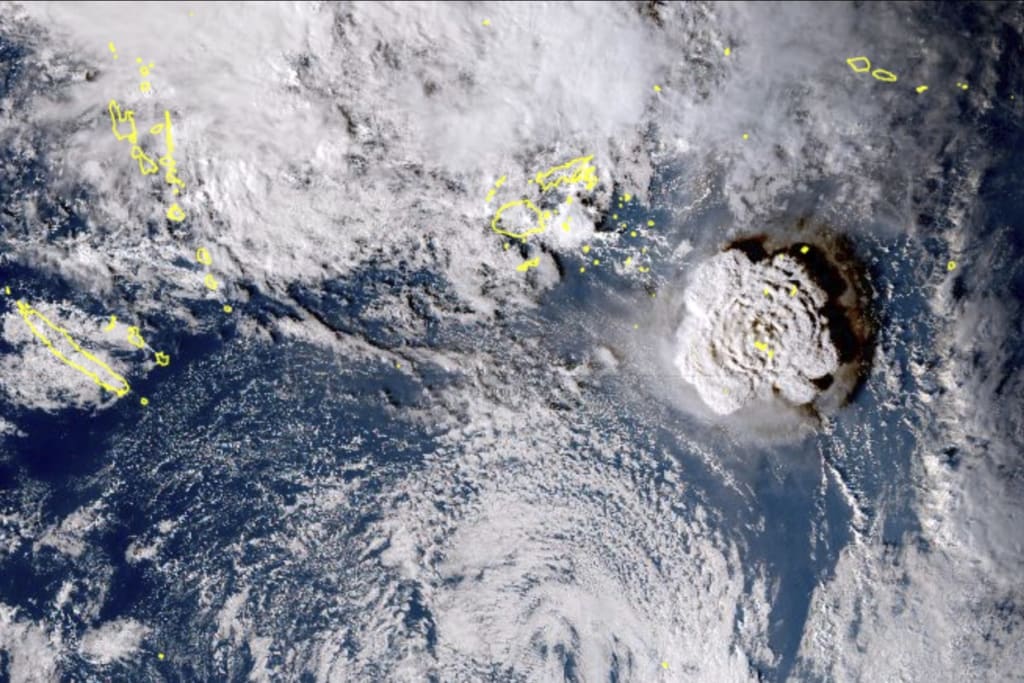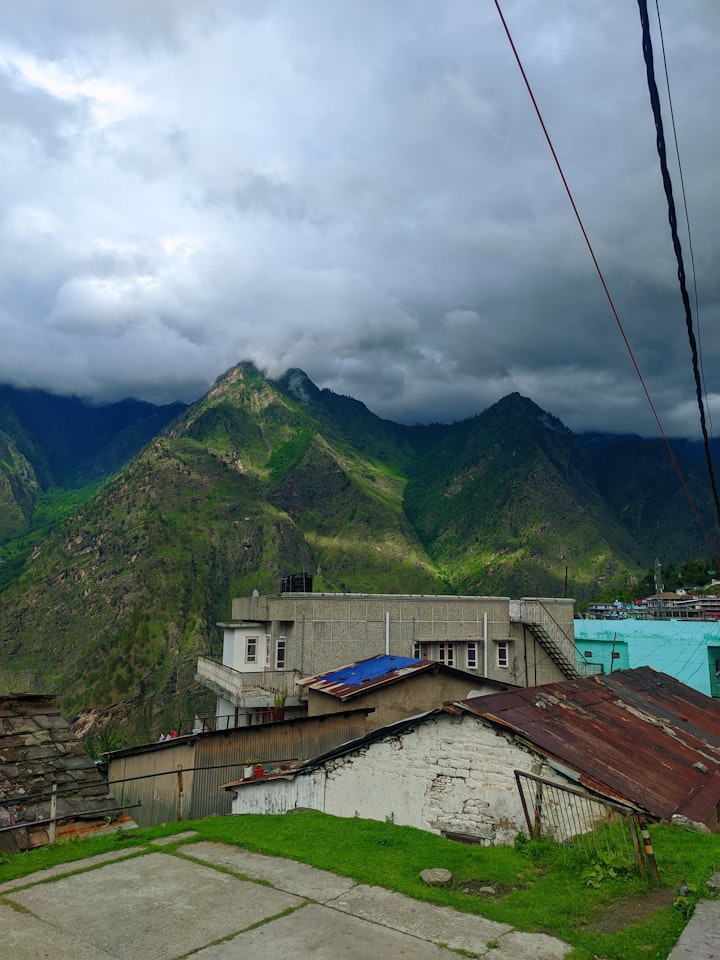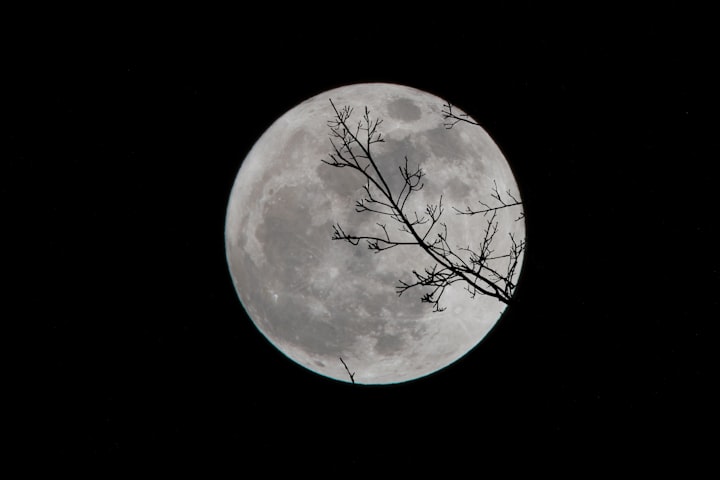The Volcanic Eruption in Tonga Might Have Lasting Effects on the Climate
After the Pacific Reels from Tsunami Events, Saturday's Dramatic Eruption Could Continue to Affect Earth

On Saturday, January 15th, 2022 (5pm local time), an undersea volcano near Tonga erupted in an intensity that rivaled the largest volcanic explosions of the 21st century (1). As of writing this (2pm PT), countries that border the Pacific have already begun to feel the effects of the massive blast. The United States has issued Tsunami advisories up the entire U.S. Western Coast and Tsunami threats have been issued from New Zealand and all the way to up to Japan (2).
As coastal Pacific townspeople batten down their belongings and head to higher ground, the scientific community has already begun investigating what caused such a massive volcanic event and predicting the long term effects of such a disaster.
One such team of scientists, reports Professor Shane Cronin of the University of Auckland (3), found that the Hunga Tonga-Hunga Ha'apai volcano builds up pressure to erupt at this intensity around once every thousand years. With the large eruption occurring near the year 1100 CE, “the eruption on January 15th seems to be right on schedule for a ‘big one’.”(3)
Much research on the event will have to wait, however, as scientists wait for the area to clear of the remaining cloud of ash. Just two hours ago, the cloud had already reached 20 km (12 miles) in the sky, spreading out to cover an area of 260 km (161.6 miles) in diameter (3).
Still, speculations abound on internet forums and online conversations, despite the best efforts of geologists to encourage internet investigators to wait until an official Volcanic Eruption Index is confirmed (4).
Some users have already pointed out that past volcanic events by Hunga Tonga-Hunga Ha'apai have lasted weeks, particularly a more recent eruption that began in Mid-December 2014, and lasted a few days into January of the following year (5). If the volcano follows this trend, and continues to eject materials at a similar rate, the long term effects could potentially last for years.
According to the USGS (6), volcanic eruptions are capable of affecting both local weather and the Earth’s Climate. Perhaps the most famous example of this, often called “the year without a summer” occurred in 1816 when the Indonesian Tambora Volcano’s debris lowered temperatures around the globe by up to 3 degrees Celsius (6).
For this phenomena to occur, however, both the contents of and the amount of the material must meet certain requirements. Even if the eruption is grand enough, the volcanic cloud must also contain a significant amount of sulfate aerosols (sulfuric dioxide and sulfuric acid) (7). These chemicals cause a more significant impact on earth’s climate than do other common materials within volcanic debris (7). In large amounts, these aerosols can effectively cool down the earth by reflecting the sun’s light energy away from the surface (8).
The chemical contents of Hunga Tonga-Hunga Ha'apai’s Eruption are not yet known, but it might be primarily CO2, ash, or a number of other chemicals (7). If the cloud is primarily CO2, it will likely have no significant warming effect on the planet. Scientists estimate that even years with greater-than-average volcanic eruptions release less than 0.5 gigatons of carbon dioxide into the atmosphere combined (7). Compared to the rate at which humans release carbon dioxide annually (35 gigatons), any effect of volcanic output is inconsequential (9).
As soon as the eruption is certainly over and the area is deemed safe, it’s likely that scientists will quickly unearth answers to these suppositions. For now, move away from the Pacific coastline, stay safe, and keep your thoughts with the people of Tonga, and all those subject to the impending waves emanating from this powerful, ferocious, and momentous event of natural history. Only time and a heap of scientific research will reveal what we can expect in the following weeks and months of an already-eventful 2022.
About the Creator
Olivia L. Dobbs
Science Enthusiast, Naturalist, Dreamer, Nerd.
I crosspost my Medium articles here :)
You can find my main account on Medium: https://medium.com/@oliviadobbs13
Check out my science! -> bit.ly/DobbsEtAl






Comments
There are no comments for this story
Be the first to respond and start the conversation.